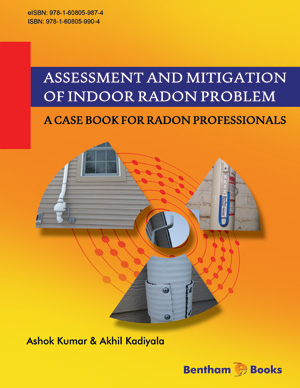Abstract
Pollution in various sectors of the environment has produced a threat to
human health and aquatic ecosystems. Biosensors play an important role in the
detection of toxicants such as heavy metals. Efforts have been made to develop
sensitive and efficient sensors for monitoring the presence of contaminants in the
environment using nanotechnology and bioengineering techniques. Biosensors, in
particular, help in monitoring the presence of pollutants in the environment, protecting
our environment. Enzyme, DNA, imuno and whole cell-based biosensors have been
developed and work depending on the reaction type, transduction signal, or analytical
performance. Advantages such as specificity, low cost, ease of use, and portability
establish biosensors as an efficient technique that can be used to detect the presence of
various inorganic and organic contaminants.












